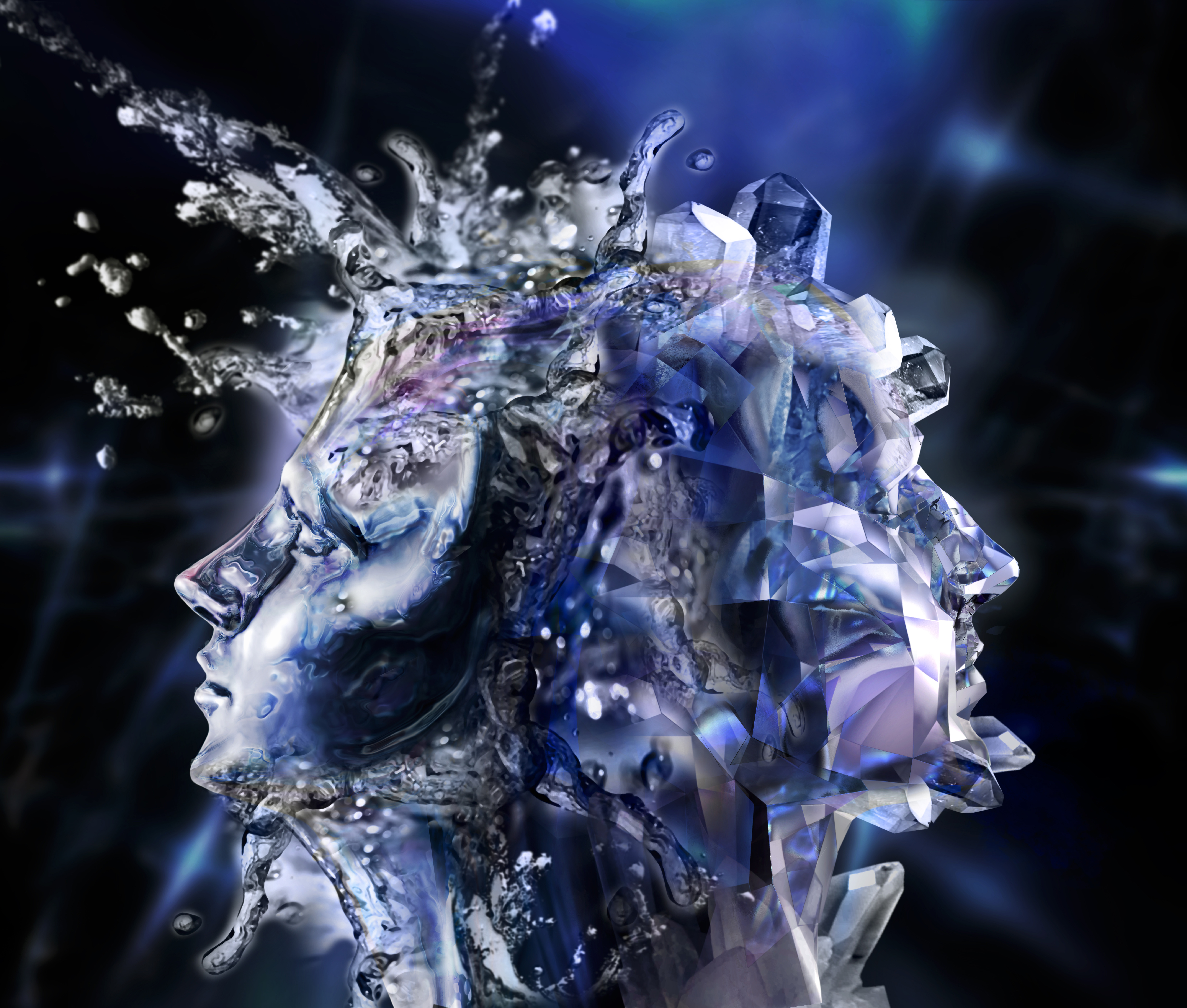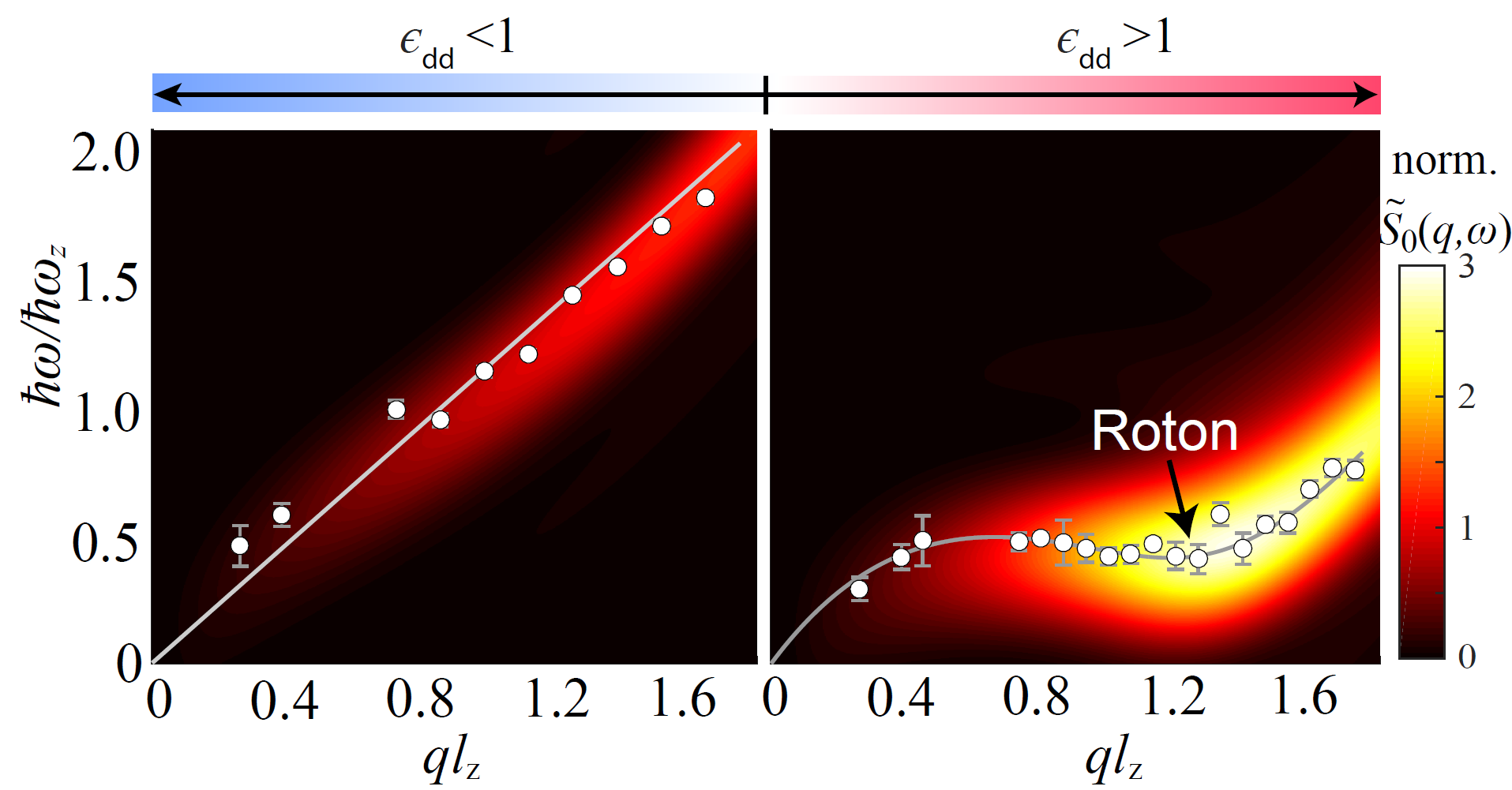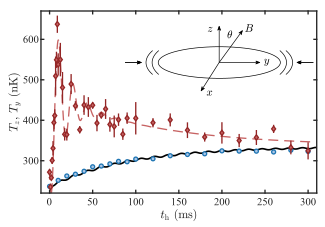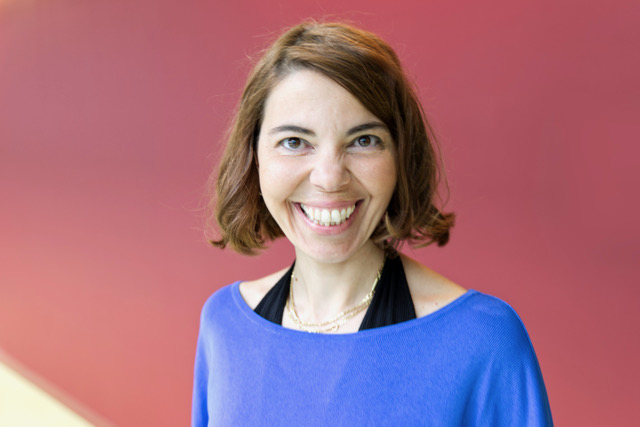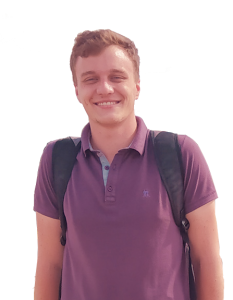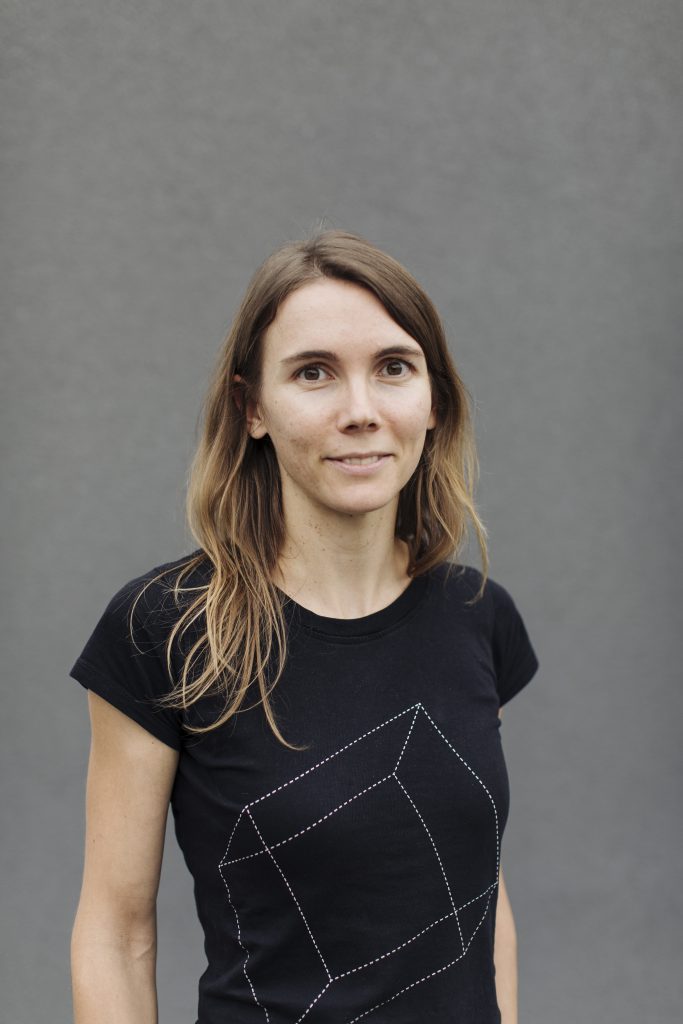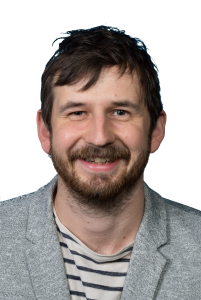
2025 Group Openings!
We are happy to announce that our dipolar quantum gas group has an Academy Scientist + Postdoc and PhD positions open for 2025!

PhD Position in San Sebastian
Apply now for building a powerful new platform for quantum simulation with dysprosium atoms in programmable optical tweezer arrays. More information in the Openings 2025 Section!

“Dance your PhD 2025” contest by Science and AAAS
Congratulations to our PhD student Arfor, who turned our research topics into a dazzling music video!

Long-Range Interactions Workshop 2025
Register now for the Long-Range Interactions Workshop 2025!

Vortices in a supersolid
2024’s Biggest Breakthroughs in Physics: Our research on the observation of vortices in a dipolar supersolid featured by Quanta magazine!

Austrian of the Year 2024
Francesca was crowned as the ‘Austrian of the Year’ in the research category at the Austria 24 gala by Die Presse!

Summer BBQ
Our 2024 Summer BBQ took place on the 24th of June and celebrated the many different achievements of the group!

Murder Mystery Dinner
Our 2024 group dinner took place on the 18th of January at CasoinN da Giorgio restaurant, with a 1920’s Murder Mystery theme!

Glitches in supersolids: links between neutron stars and quantum matter
By emulating the connection between a rotating supersolid phase and an external solid phase, we were able to replicate “glitches” – sudden jumps in the solid angular momentum driven by quantum vortices leaving the supersolid.

Cluster of Excellence Quantum Science Austria granted
Three Clusters of Excellence in Innsbruck have been funded! With highly endowed clusters of excellence, the Austrian Science Fund FWF creates Austrian flagships of basic research. The University of Innsbruck will coordinate the Cluster of Excellence for Quantum Sciences.
Our group studies dipolar quantum gases made of Erbium (Er) and Dysprosium (Dy) atoms. These extraordinarily magnetic species are a powerful new resource for reaching quantum simulation with strong connectivity, in which each atom is coupled to the other over long distances, and exploring exotic phases of matter that have no classical counterpart.
We have three labs: the ERBIUM LAB, where Er was Bose condensed for the first time ever, the Er-Dy LAB which studies quantum dipolar mixtures under a quantum-gas microscope, and the T-REQs LAB, where we trap Er atoms in arrays of optical tweezers for Rydberg physics. Recently, we have established a Theory Group aimed at studying and predicting dipolar phenomena in dipolar quantum gases and mixtures.
The group, led by Francesca Ferlaino, is jointly located at the Institute for Experimental Physics (IExP) of the University of Innsbruck and at the Institute for Quantum Optics and Quantum Information (IQOQI) of the Austrian Academy of Sciences, and it is part of the Innsbruck Center for Ultracold Atoms and Quantum Gases.
Follow our group’s updates on Bluesky  and LinkedIn
and LinkedIn  !
!
News from the labs
In joint theoretical and experimental work with our theory colleagues A.-M. Rey (JILA) and B. Zhu (ITAMP) we investigate dipolar induced magnetization-conserving spin exchange dynamics with fermionic Er in a 3D optical lattice. Our work is now published in Physical Review Research.
Keep Reading ...
In a combined theory and experimental work, we study the elementary excitations of trapped dipolar quantum gases crossing from regular superfluid to supersolid. Our work is now published in PRL and summarized in the Synopsis by Sophia Chen.
Keep Reading ...
In quantum physics, the spectrum of elementary excitations dictates the way a quantum system behaves and reacts to perturbations. Hence, in superfluids, the possibility of frictionless flow is encoded in their excitation spectrum.
Keep Reading ...
Group news
Now published in Physical Review A with collaborators from JILA, Boulder (Co), we accurately determine the scattering length for four bosonic erbium isotopes.
Keep Reading ...
Registration is now open for the Long-range interactions in the ultracold 2022. The three -day conference is fully in presence and will take place 06-09 September in Innsbruck, Austria.
Keep Reading ...
Francesca Ferlaino, professor at the University of Innsbruck, Austria, and scientific director at the Institute for Quantum Optics and Quantum Information (IQOQI) of the Austrian Academy of Sciences receives an ERC Advanced Grant, the highest European funding for established scientists in basic research.
Keep Reading ...
Welcome and goodbye
Welcome to Daniel Grün, who is joining the Erbium team in the frame of our Excellence Fellowship for master students.
Keep Reading ...
After 5 productive years in the Dipolar Quantum Gas Group, Lauriane Chomaz is moving to the University of Heidelberg as Tenure-Track Professor. Congratulation Lauriane! We wish you great success in your next adventure in physics
Keep Reading ...
 and LinkedIn
and LinkedIn ![]() !
!











